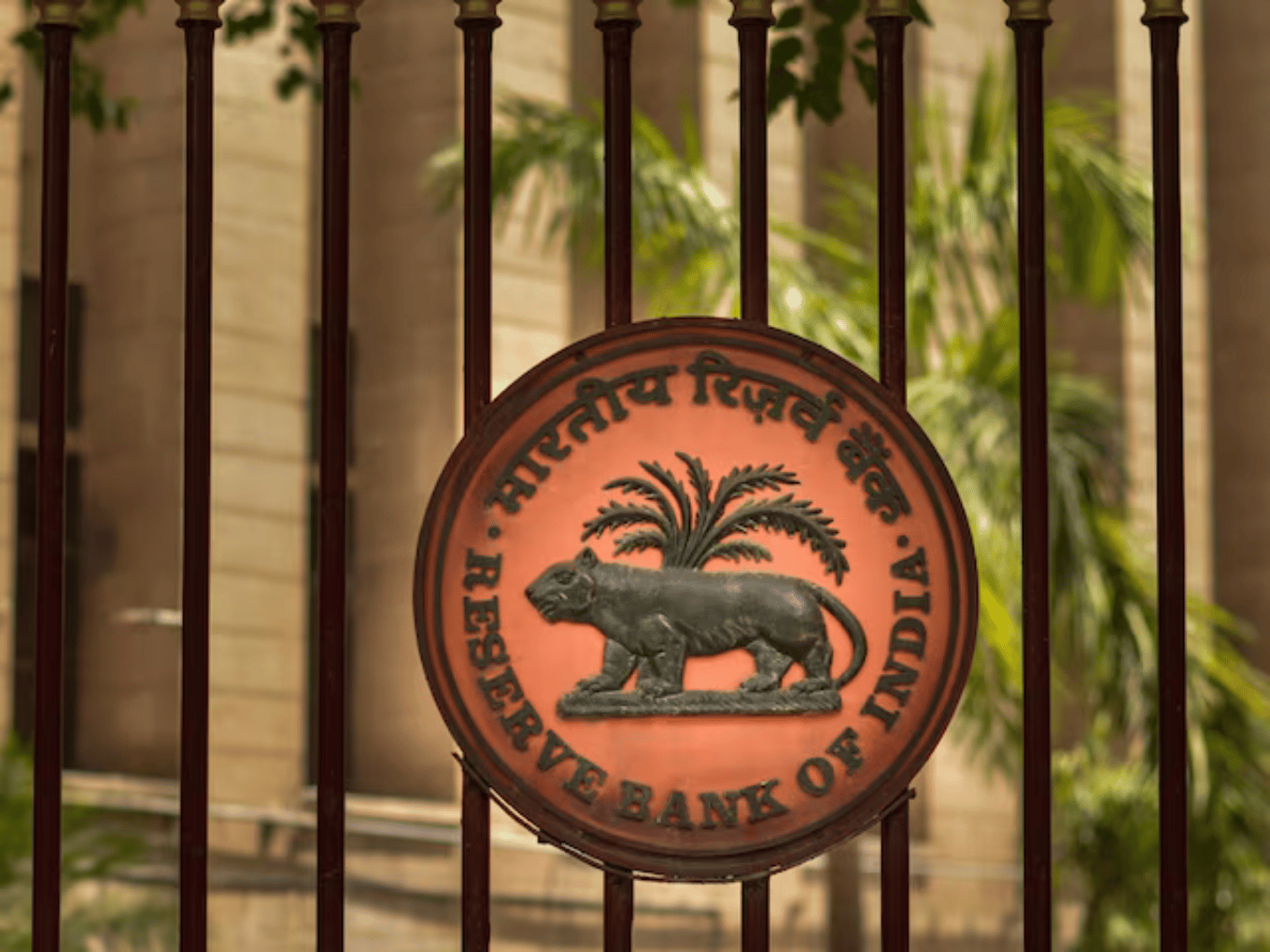RBI Launches ‘On Tap’ Cohort for Climate & Sustainable Finance
Current Affairs NationalPosted by newadmin on 2025-03-17 08:50:53 |
Share: Facebook | Twitter | Whatsapp | Linkedin Visits: 23

RBI Governor Sanjay Malhotra recently announced the launch of a dedicated "on Tap" cohort within the RBI’s Regulatory Sandbox. This initiative is designed to drive innovation in the financial sector, particularly focusing on climate change and sustainability. The Regulatory Sandbox serves as a controlled environment where fintech companies can experiment with new products before a full-scale rollout. Over the years, this framework has supported numerous innovations, and the newly introduced "on Tap" cohort will emphasize solutions addressing climate-related financial risks and sustainable finance.
Climate change risks in the financial sector are categorized into two key dimensions. The facilitative aspect focuses on building capacity and fostering an ecosystem for green finance, ensuring the availability of financial resources for sustainable initiatives. The prudential dimension, on the other hand, involves risk management strategies that financial institutions must adopt to mitigate climate-related uncertainties. Both aspects are critical for strengthening regulatory oversight and ensuring financial stability.
Central banks worldwide are increasingly recognizing their role in addressing climate change risks. While developed economies generally follow an asset-neutral approach, emerging markets and developing economies tend to implement directed lending policies. These policies aim to steer credit towards sectors such as renewable energy and sustainable infrastructure, which are essential for long-term economic and environmental sustainability.
Climate change also introduces significant prudential risks, including credit, market, and operational risks, which can disrupt financial stability. The RBI aims to mitigate these risks by refining regulatory frameworks and enhancing capacity-building initiatives within financial institutions. Green financing, though crucial for sustainability, presents unique challenges. New technologies in this space often carry higher credit risks due to their lack of a proven track record, making it difficult for lenders to assess long-term viability. Financial institutions must, therefore, develop specialized expertise to evaluate these risks effectively.
The impact of climate change extends beyond financial institutions and directly affects the real economy. Businesses, micro, small, and medium enterprises (MSMEs), and the agricultural sector face growing pressures due to climate-related disruptions. Addressing these challenges requires a coordinated effort among financial regulators, banks, and government agencies to ensure a comprehensive response to the economic and environmental risks posed by climate change.
Search
Categories
Recent News
- Iran's Subterranean Missile Might: A Strategic Show of Force
- Central Bank Extends Recruitment Drive: Seizing Career Opportunities
- Unlocking Savings: Strategies to Beat Credit Card Interest
- Cognizant's Generous Bonus Surprise: A Year's Worth of Pay
- Family Support for Anaya's Journey: A Story of Acceptance
- German Cup Drama: Undav's Magical Moment Seals Stuttgart's Fate
- German Goalkeeper's Season Halted by Hamstring Injury
- Justice Delayed: 100-Year-Old's Long Wait for Freedom
Popular News
- Navigating IPO Market Dynamics Amid Volatility and Regulatory Changes
- Massive Worldwide Microsoft Outage Disrupts Multiple Sectors
- Panjapur Bus Stand to Reshape TNSTC Routes
- తెలుగుదేశం పార్టీ - పేదరికాన్ని నిర్మూలించడంలో వాగ్దానం
- Universities Embrace Remote Learning Technologies Amidst Ongoing Pandemic